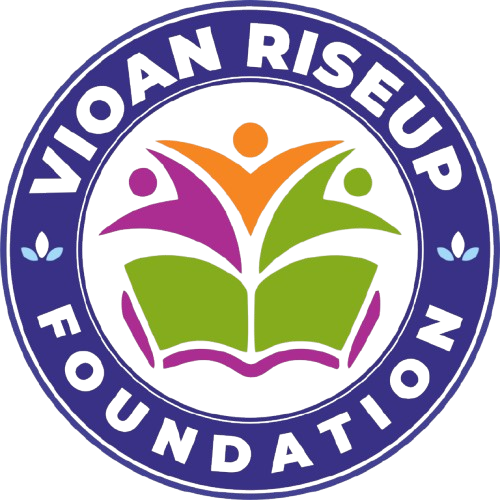Introduction
Legal help is vital for resolving disputes, protecting rights, and ensuring justice. Understanding the types of legal assistance available and knowing when to seek it can empower individuals to address legal challenges effectively.
1. What is Legal Help?
Legal help involves guidance, representation, or services provided by legal professionals such as lawyers, paralegals, or legal aid organizations. It can range from simple advice to full representation in court.
2. Common Situations Requiring Legal Help
- Personal Issues: Divorce, child custody, domestic violence, or inheritance disputes.
- Criminal Matters: Defense against charges or protecting rights during legal proceedings.
- Civil Disputes: Landlord-tenant issues, contract disputes, or consumer rights violations.
- Employment Issues: Workplace discrimination, wrongful termination, or unpaid wages.
- Business Matters: Setting up a business, drafting contracts, or resolving disputes.
- Immigration: Visa applications, asylum claims, or deportation defense.
3. How to Access Legal Help
a. Hiring a Lawyer
- Find a Specialist: Choose a lawyer specializing in your type of case (e.g., family law, criminal law).
- Consultations: Many lawyers offer free or low-cost initial consultations.
- Fee Structures: Understand the lawyer's fees (hourly, flat fee, or contingency).
b. Legal Aid Services
- Government-funded or non-profit organizations may provide free or low-cost legal services to those who qualify.
- Look for local legal aid offices or community legal clinics.
c. Online Legal Help
- Use reputable legal advice websites or platforms for general information.
- Some platforms connect users with licensed attorneys for virtual consultations.
d. Pro Bono Services
- Many lawyers volunteer their time to help those unable to afford legal representation.
e. Self-Help Resources
- Research laws and procedures at libraries, government websites, or online legal portals.
- Some courts provide self-help centers for individuals representing themselves.
4. Key Considerations When Seeking Legal Help
- Understand Your Case: Clearly define your legal issue before seeking help.
- Documentation: Gather all relevant documents, evidence, and information.
- Know Your Rights: Educate yourself about your legal rights and responsibilities.
- Communication: Be honest and transparent with your legal representative.
5. Tips for Finding the Right Legal Help
- Research: Look for reviews, recommendations, and credentials of legal professionals.
- Local Bar Associations: Contact your local bar association for lawyer referrals.
- Ask Questions: During consultations, ask about experience, approach, and fees.
6. Emergency Legal Help
- Arrests: Request a lawyer immediately and do not speak to authorities without one.
- Restraining Orders: Seek immediate legal assistance for protection from harm.
- Evictions: Contact legal aid or tenant rights organizations for urgent help.
7. Affordable Legal Help Options
- Sliding Scale Services: Some lawyers adjust fees based on income.
- Legal Insurance: Policies that cover certain legal services may be available.
- Prepaid Legal Plans: Provide access to basic legal services for a flat monthly fee.


